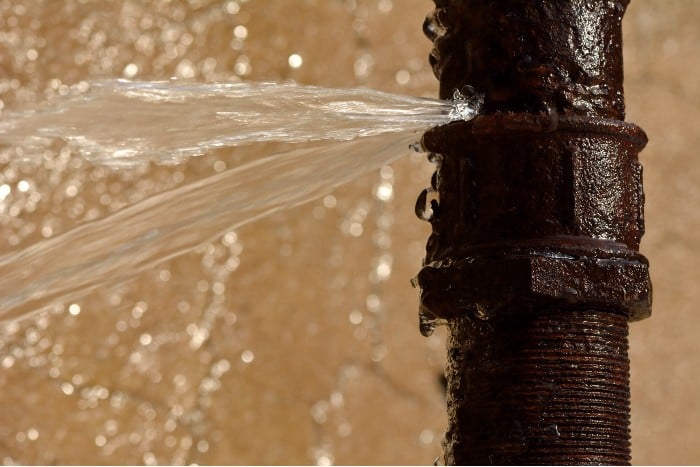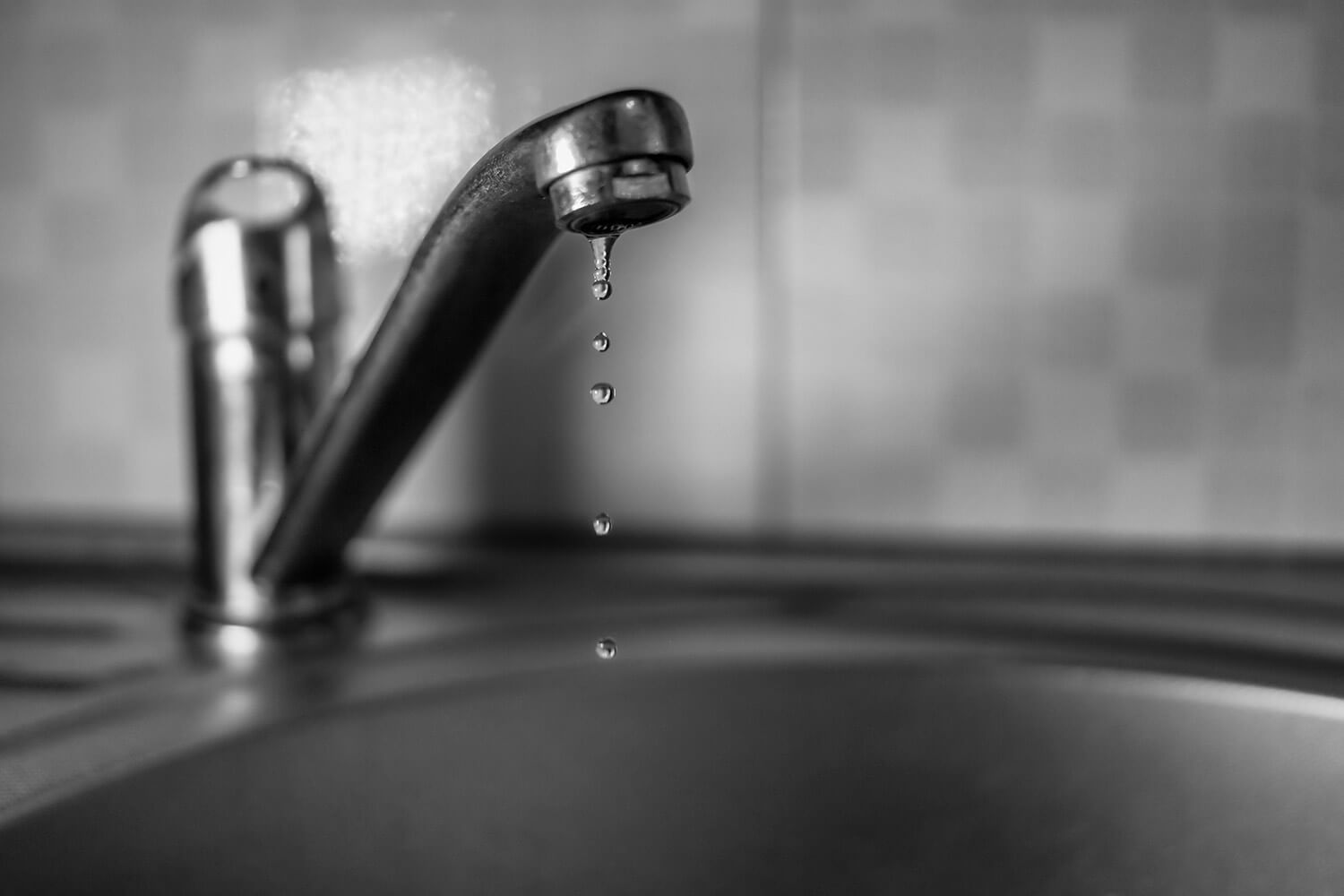Find Out the Most Frequent Causes Triggering Water Leakage Within Your Residence
Find Out the Most Frequent Causes Triggering Water Leakage Within Your Residence
Blog Article
The content listed below pertaining to Top Causes of Home Water Leaks is exceptionally fascinating. Don't overlook it.

Leaks not only cause waste of water yet can likewise trigger unnecessary damages to your house and promote undesirable organic growth. By looking as well as understanding for everyday scenarios that trigger leaks, you can secure your home from future leakages as well as unneeded damage.
Intruding origins
The majority of water leakages start outside the residence rather than inside it. You might see wet patches or sinkholes in your lawn, as well as that may suggest that tree roots are attacking water lines triggering water to permeate out.
Corroded water systems
As time passes by, your plumbing system ages and corrosion such as rust may begin gnawing the pipes. This might be the source of discoloration or bending on your water pipes. This calls for an inspection with your plumber promptly. Consider replacing the pipes considering that they are at a greater danger of rust than the more recent models if our plumbing system is old.
Faulty Pipe Joints
The factor at which your pipelines link is regularly the weakest link in the waterline. Pipeline joints can degrade gradually, causing water leaks. However, most of pipeline joints are not conveniently visible. If you have loud pipelines that make ticking or banging noises, specifically when the hot water is switched on, your pipe joints are probably under a great deal of pressure. It is recommended to have your plumber evaluate your system yearly.
Immediate temperature changes.
Extreme temperature changes in our pipelines can cause them to increase and contract all of a sudden. This development as well as contraction might create fractures in the pipes, especially if the temperature are below freezing. If you kept an eye on how your plumbing works, it would certainly be best. The visibility of the previously discussed conditions often indicates a high risk.
Poor Water Connectors
At times, a leak can be triggered by loosened pipes and also pipes that supply your home appliances. In situation of a water connections leakage, you might observe water running straight from the supply line or pools around your appliances.
Clogged Drains
Obstructed drains could be bothersome and inconveniencing, but they can in some cases end up causing an overflow leading to rupture pipelines. Keep eliminating any materials that may drop your drains pipes that can obstruct them to prevent such aggravations.
All the above are causes of leakages but not all water leakages result from plumbing leaks; some leakages might come from roofing leaks. All leakages should be repaired right away to prevent water damages.
Leaks not only create waste of water but can additionally create unneeded damages to your home as well as promote unwanted organic growth. By looking as well as understanding for day-to-day scenarios that cause leakages, you can shield your home from future leaks and unneeded damage. Today, we will certainly look at 6 leakage triggers that may be causing your pipes to trickle.
At times, a leakage can be created by loose pipes and also pipes that provide your devices. In situation of a water links leakage, you may see water running straight from the supply line or pools around your appliances.
How To Check For Water Leak In Your Home
How To Check for Leaks
The average household's leaks can account for nearly 10,000 gallons of water wasted every year and ten percent of homes have leaks that waste 90 gallons or more per day. Common types of leaks found in the home are worn toilet flappers, dripping faucets, and other leaking valves. These types of leaks are often easy to fix, requiring only a few tools and hardware that can pay for themselves in water savings. Fixing easily corrected household water leaks can save homeowners about 10 percent on their water bills.
To check for leaks in your home, you first need to determine whether you're wasting water and then identify the source of the leak. Here are some tips for finding leaks:
Take a look at your water usage during a colder month, such as January or February. If a family of four exceeds 12,000 gallons per month, there are serious leaks.
Check your water meter before and after a two-hour period when no water is being used. If the meter changes at all, you probably have a leak.
Identify toilet leaks by placing a drop of food coloring in the toilet tank. If any color shows up in the bowl after 10 minutes, you have a leak. (Be sure to flush immediately after the experiment to avoid staining the tank.)
Examine faucet gaskets and pipe fittings for any water on the outside of the pipe to check for surface leaks.
Undetected water leaks can happen without the home or business owner even realizing. If you suspect a water leak, but not able to find the source. It is time to contact a professional water leak detection service, The Leak Doctor.
How To Find a Water Leak In Your Home
https://www.leakdoctor.com/blog/How-To-Check-For-Water-Leak-In-Your-Home_AE197.html

I recently found that review on How Fast Water Damage Can Ruin Your Home when doing a lookup on the search engines. Sharing is good. Helping people is fun. Thank you for your time. Don't forget to come by our blog back soon.
Resolve fast, contact! Report this page